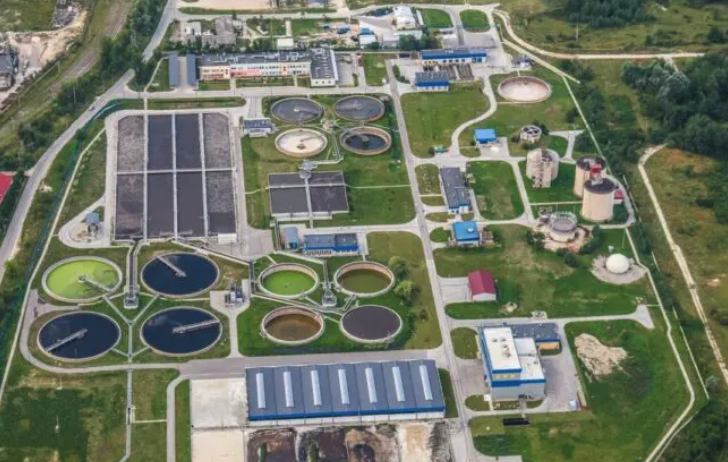Understanding Water & Waste Water SCADA Systems
Communities across the Houston area rely on getting clean water at an affordable price. This involves getting rid of all contaminants. Data is vital at every stage of the water treatment process. Water sensors, for example, can detect the levels of contaminants before and after treatment. After collecting this data, water treatment facilities can use it to determine whether additional treatments are required.
Water treatment plants also need data to identify problems that might affect efficiency, damage, or cause equipment malfunctions. This data can be collected by placing flow meters at strategic locations. These meters will immediately send the data to the plant operators. It's possible to detect leaks and overflows before they become more serious and costly.
Water quality sensors provide data that can be used to optimize water quality. Using data to identify equipment problems in your facility will help you to fix them before they become more complicated. Continuously looking for issues that could affect the performance of your industrial plant's systems is the only way to be sure. This article provides a detailed overview of SCADA systems and how they can be used in water treatment facilities to collect data.
What is SCADA?
SCADA stands for Supervisory control and data acquisition. These systems were introduced into manufacturing, industrial, utility, and other industries before workers had to operate the equipment manually. These systems were made possible by the invention of microprocessors and programmable logic controllers. This eliminated the need to operate the system manually.
Automated monitoring was much more sophisticated and efficient in the last years of the 20th Century. Open-source SCADA systems became widely used in the 2000s. These systems can now be connected to mobile devices and tablets in remote locations to allow for control and access. These systems can be implemented as property and include software components. These systems are used in industrial facilities.
- Real-time data can be gathered and monitored.
- You can control various industrial processes remotely or locally.
- Record different events via a log file
- You can interact with additional devices in the facility, such as valves, sensors, and motors.
SCADA systems can be used in many industries, but they are most popular in water treatment plants due to the variety of data that can easily be gathered and analyzed. Plant operators can instantly access the critical information they require after installing a SCADA system. The data from the water treatment plant is much more accurate and current because it uses digital monitoring.
Water treatment plants can use this information to detect chemical imbalances, leaks, and overflows. The facility's flow meters will transmit data to the terminal units. After that, the data will be transmitted to the plant operators. Plant operators can quickly access this information to identify problems early, reducing downtime.
Benefits of SCADA Systems in Houston Water & Wastewater Treatment Plants
A SCADA system will be installed at a wastewater treatment plant. The facility will then benefit from:
- Security and real-time data analysis
- SCADA Automation
- Consumers can reduce water costs
These systems have the primary benefit of allowing for real-time data analytics. However, integrating this system into your facility will allow you to automate more industrial processes and reduce water costs. Because these systems require data to identify and correct problems, they benefit water treatment plants.
Real-Time Data Analysis & Security
Modern SCADA systems are built on both software and hardware. This allows plant operators to have real-time data analysis and high levels of security. The flow meters installed in water treatment plants will collect data and transmit it through the SCADA system. This gives you the ability to do instantaneous data analysis.
Security
Security is a concern for infrastructure that supplies water utilities. This can make it vulnerable to attack. It is therefore recommended that you increase security.SCADA allows for the connection of camera systems throughout a facility. These cameras can be accessed remotely, making you confident that your areas are secure. Repairs can be done more quickly if there is a problem by having a camera system connected to certain areas.Automation with SCADA
Modern SCADA systems offer extensive automation features that allow plant operators to skip some repetitive and more challenging tasks required at water treatment plants. SCADA is a tool that can help plant operators spot minor inconsistencies or issues.
Automated systems are generally more efficient than manual systems. An automated SCADA system will make it easier to avoid problems such as overflows that can lead to violations of EPA regulations. An automated SCADA system will notify you when repairs are required.
Reducing Water Costs for Consumers
SCADA can assist in reducing water costs for consumers as well as utilities. Operators can see which systems need additional optimization. Once these systems have been optimized, they should be able to run more efficiently, which reduces operational costs. A reduction in operating costs will likely be passed on to consumers.
Related Posts
By accepting you will be accessing a service provided by a third-party external to https://blti.com/

